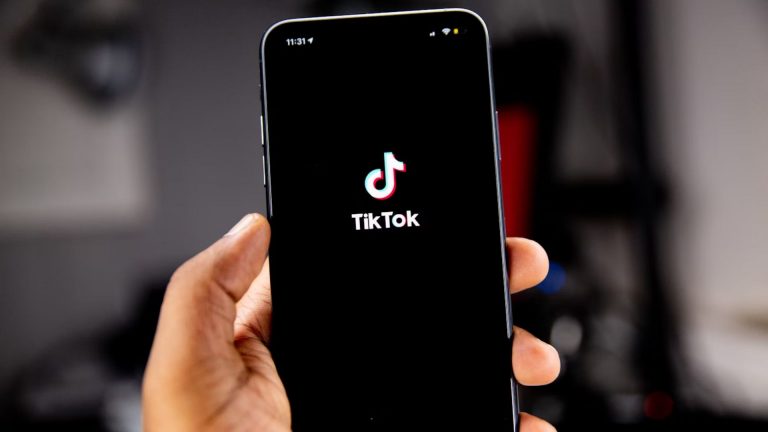Advertising
Global Mergers, Local Ripples: Consolidations reshape India's ad land as clients seek 'single-window' partners

The Bombay High Court has upheld the Trade Marks Registrars' decision to deny inclusion of TikTok in India's official list of "well-known" trademarks, citing the Government of India's ban on the app over national security concerns as a relevant and justified factor, according to media reports.
The Court found no fault with the Registrar's reliance on the government ban while evaluating TikTok's application under Rule 124 of the Trade Marks Rules, 2017. “These are serious matters, which cannot be ignored,” the Court observed, referring to the government's ban citing threats to India's sovereignty and integrity, national defence, and public order.
TikTok, which already holds a registered trade mark in India, had sought enhanced statutory protection under the "well-known" category - status that affords broader safeguards against infringement, the report added.
However, its application was denied by the Registrar on October 31, 2023, a decision TikTok subsequently challenged in the High Court. In its petition, TikTok argued that the Registrar's order was vitiated by non-application of mind and a legal error. The company contended that the Registrar mistakenly relied on Section 9 of the Trade Marks Act (which deals with absolute grounds for refusal of registration), when only Section 11 - covering recognition of well-known marks - was applicable.
The petitioner further claimed that the decision was based solely on press reports and official statements regarding the ban, without duly considering the statutory factors prescribed under Section 11(6) to (9). TikTok also cited Section 11(9), which clarifies that actual use or current operation in India is not a pre-requisite for a mark to be recognized as well-known.
The Court pointed out that the Registrar had appropriately considered official government actions under the Information Technology Act and allegations related to data misuse, morphed images, and cyberbullying, the report added.
Moreover, the Court reiterated that Section 11(6) allows the Registrar to consider “any fact deemed relevant” in determining whether a mark qualifies as well-known. Granting enhanced protection to TikTok’s mark in light of the ongoing ban would be incongruous, the Court suggested.
“Since the said mark is already a registered trade mark in India, it does enjoy all statutory protection… but inclusion in the list of well known marks obviously gives added protection,” the Court observed.
Given that the ban on TikTok remains in force and has not been overturned by any competent authority or court, the High Court concluded that the Registrar’s decision was legally sound. As a result, TikTok’s plea for “well-known” status was dismissed.
As India eyes global leadership in media, entertainment and gaming, Storyboard18's Digital Entertainment Summit, set to take place on June 27 in the capital, will spotlight the bold strategies, policy pathways and creative innovations shaping the future of the industry.
Read MoreFrom the chiefs of Nestle, Diageo, Colgate, PepsiCo, Zetwerk and CRED to AI visionaries, marketing mavens, top creators, ad legends and leading global agencies' CEOs, the brightest minds converged at the Storyboard18 Global Pioneers Summit for an action-packed day of meaningful dialogues on creativity, commerce and culture.